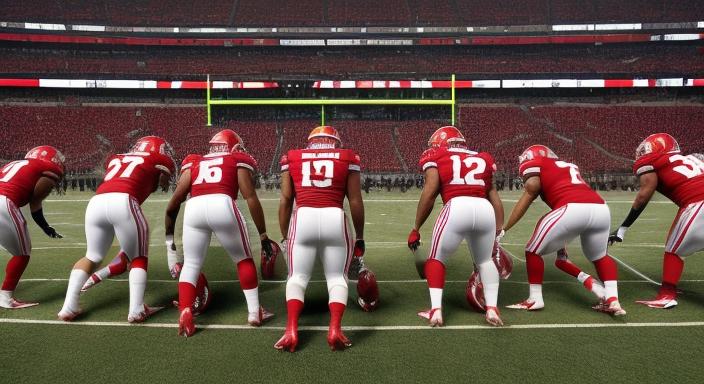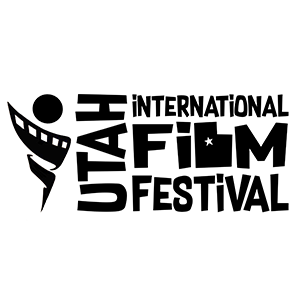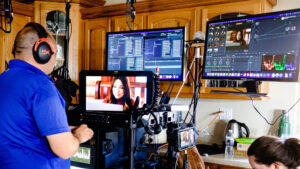The Red Zone: Unveiling a Superhuman Saga on the Gridiron

In an unprecedented fusion of sports and science fiction, screenwriter Terry Podnar brings forth “The Red Zone,” a gripping tale that delves into the heart of a cloning experiment with far-reaching consequences. As the story unfolds, we trace Podnar’s journey from the inception of the idea to the intricacies of crafting a seamless narrative that intertwines two seemingly unrelated worlds.
The concept for “The Red Zone” had been brewing in Podnar’s mind for years before it found its way onto paper. He shares, “I wanted to integrate a sports world, preferably in professional football, with the science world, which evolved into a cloning procedure that has never been done to a human. Every aspect of the screenplay was built around the single idea of connecting two seemingly unrelated genres.”
At the core of the screenplay is a superhuman football player, portrayed as mysterious, cold, and reluctant. Podnar reveals how the character evolves layer by layer, unraveling the truth about his identity and the clandestine experiment he is part of. The character’s evolution sparks questions about loss of identity, ethical implications, and the role of science and government in playing God.
Combining the realms of sports and science proved to be the most challenging aspect for Podnar. He emphasizes the need for a seamless integration that allows these disparate elements to coalesce, forming a narrative that is both fantastic and plausible. The screenplay aims not only to entertain but also to explore profound human metaphysical questions.
For Podnar, the challenges of screenwriting are also the most enjoyable aspects of the craft. “Creating situations, solutions, obstacles, characters, new elements, etc. There is no better feeling after a writing session that the scene you finished works,” he remarks. The power to shape characters, situations, and evoke specific reactions provides immense satisfaction.
As “The Red Zone” gains recognition as an official selection in the Utah International Film Festival, filmmakers and producers are taking notice. Podnar welcomes collaboration and emphasizes the importance of understanding a filmmaker’s vision. “The writer’s role is to adhere to that vision and offer suggestions and different angles that will work within that vision,” he states.
For those interested in optioning the screenplay or collaborating with Podnar on new projects, he encourages open communication. “I have always been receptive to listening to feedback. If I feel that the revisions will enhance or improve the script, I will wholeheartedly embrace the revisions,” he affirms.
“The Red Zone” is set to captivate audiences at the Utah International Film Festival, scheduled from February 12-17. As the festival approaches, anticipation builds for the unveiling of this superhuman saga that transcends the boundaries of traditional storytelling.




